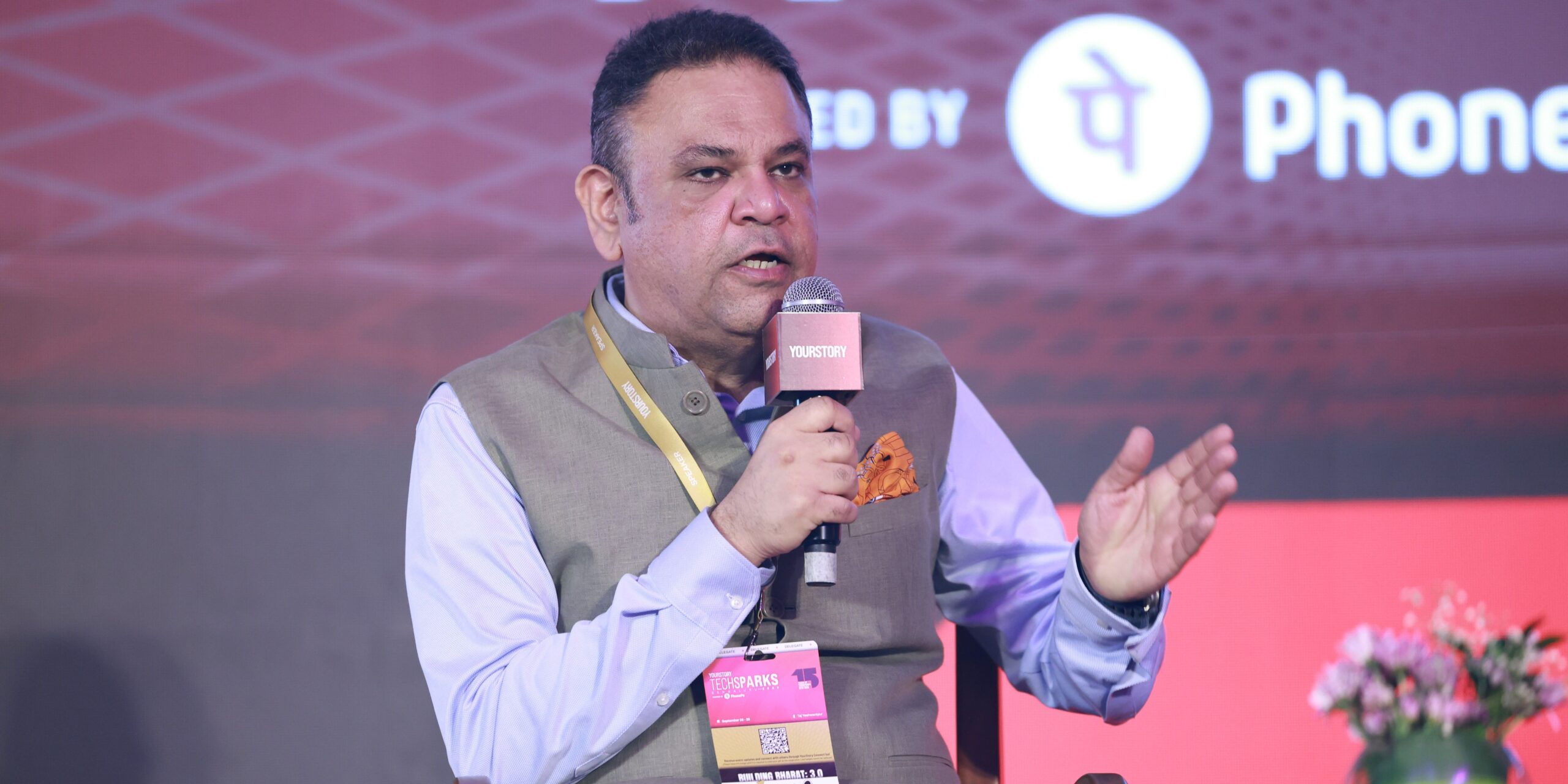’ move to go public and solidify its position as a leader in the co-working industry was driven by strong investor confidence and the company’s unique profit-sharing model, even as global competitors like WeWork faltered, believes Chairman and MD Amit Ramani.
Awfis Space Solutions, a leading co-working and flexible office space provider, recently made waves with its successful initial public offering–the first in its sector to go public in India. In a conversation at TechSparks Bengaluru, Ramani discussed the motivations behind its public debut.
Reflecting on the decision to take Awfis public, Ramani said, “From our standpoint, we were always one of the first. We perfected the managed aggregation model, a profit-share system, which had never been done in co-working before—it was only seen in hospitality. We did it at scale.”
This model has allowed Awfis to rapidly expand, with over 200 locations today, 130 of which operate under the profit-share arrangement.
Another thing that encouraged Ramani to go public was the continued investor confidence in his company despite global pessimism after SoftBank-backed co-working giant WeWork shut shop, a year before Awfis’ IPO.
“Everybody felt the sector had lost its flavor because the global players went bust. But we remained focused, and we’ve shown that the co-working model is sustainable.” Ramani said.
But it wasn’t always easy for Awfis. The pandemic presented significant challenges for the co-working industry, and Awfis was no exception.
“The first six months of the pandemic were horrific because if people weren’t going to come back to work, then you probably don’t have a business,” Ramani admitted.
However, the crisis led to new opportunities, as enterprises that had been hesitant about co-working began to embrace it. “We saw a lot of enterprises that were fence-sitters come into co-working, which expanded the industry dramatically,” he explained.
“In fact if you look at the VC or PE space, very few investments happened in the sector other than us,” Ramani added.
Ramani highlighted Awfis’s early focus on India’s Tier II cities as part of its long-term growth strategy. “We were the first ones to go into tier-two cities. I believe that India’s $5 to $10 trillion economy is going to be written in these cities,” he said.
“I personally believe that the about 10 or 11 Tier II cities, including Nagpur, Coimbatore, Jaipur, Bhubaneswar Guwahati, etc, are going to see tremendous growth,” he added.
Awfis has also capitalized on the increasing need for flexible, on-demand workspace solutions. “We sell close to about 14,000 day passes and 12,000 meeting room hours every month to non-residents,” Ramani explained.
This shift reflects a broader trend toward the “work from anywhere” model, which has gained momentum in the wake of the COVID-19 pandemic.










